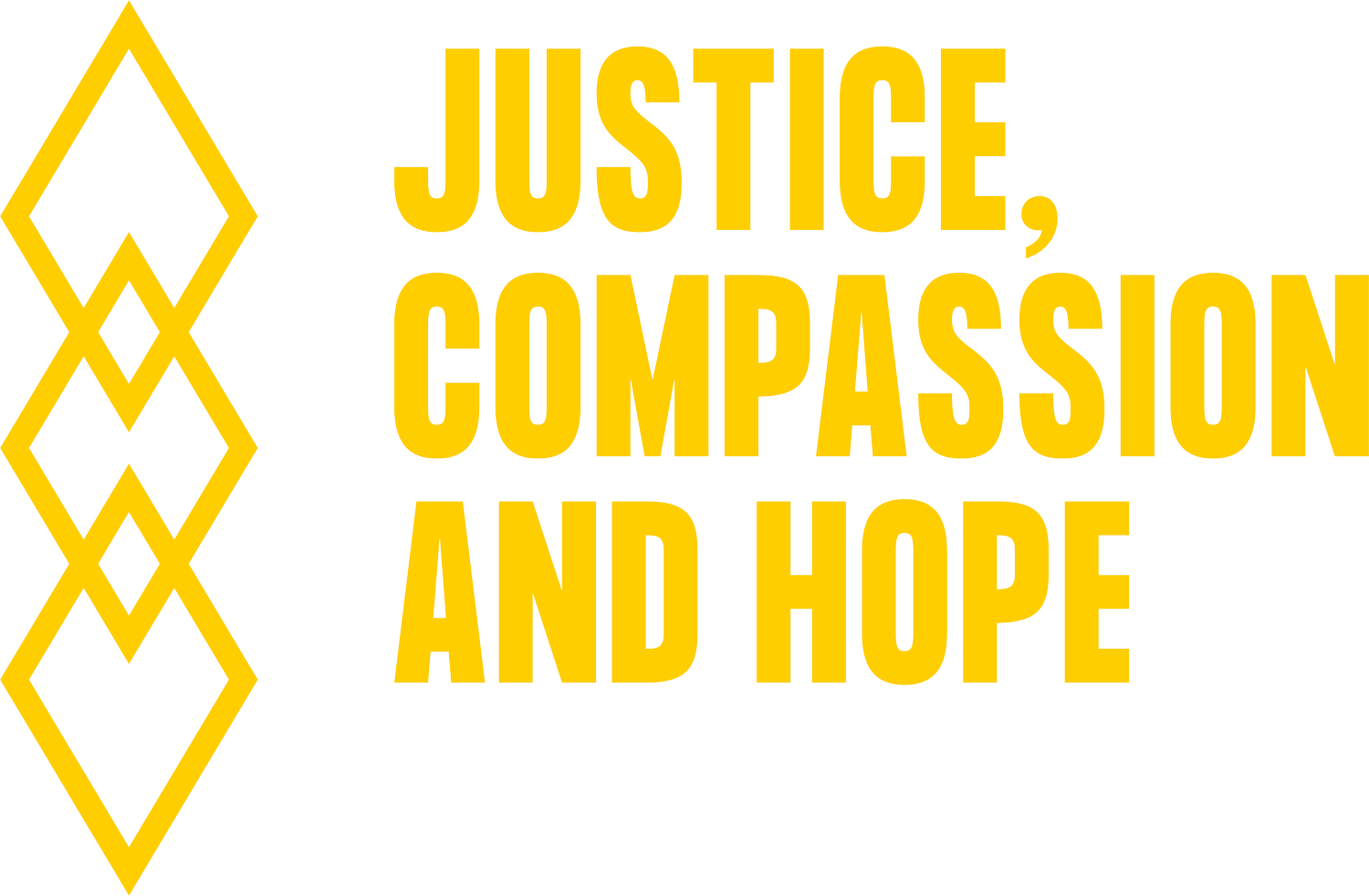How often do we pause to ponder the interplay between justice and compassion in our lives? In a world that is increasingly polarized by dichotomies of right and wrong, the challenge becomes not merely to enact justice but to render our conception of justice more just. The Bahá’í teachings provide a multifaceted lens through which one can examine and enhance the relationship between justice and compassion, ultimately fostering a more inclusive and equitable society. This exploration will delve deeply into the profound principles espoused within the Bahá’í Faith, emphasizing the essential synergy between these pivotal tenets.
The Bahá’í perspective on justice is encapsulated in its emphasis on the unity of humanity. Central to this belief is the idea that justice transcends mere legalistic definitions; it embodies a divine principle that fosters harmony and equity among all individuals. In this context, justice should not only be punitive but restorative. This shift from retribution to rehabilitation allows individuals, communities, and societies to thrive and achieves an enlightened spirit of justice. How can we cultivate a system that promotes restorative justice while simultaneously responding to the needs of those who seek reparation?
To grapple with this essential question, one must first consider the foundational tenets of Bahá’í teachings. The concept of justice in the Bahá’í Faith is intrinsically linked to the notions of equity and fairness. Bahá’u’lláh, the founder of the Faith, asserted that justice should be exercised with wisdom and profound consideration for the circumstances surrounding each case. It calls for a departure from a superficial understanding of justice and urges us to engage with deeper sociocultural contexts. Therein lies both the challenge and the opportunity. How can we ensure that justice systems are designed to resonate with the nuances of human experience rather than mere statutes?
Moreover, the Bahá’í writings elucidate that justice is not merely an abstract principle; it is a practical tool for fostering community and social cohesion. This principle implores individuals to cultivate compassion — a necessary counterpart to justice. Compassion is the balm that mends the wounds of injustice, allowing individuals to empathize with one another, regardless of their backgrounds. As we strive for justice, we must concurrently nurture compassion within ourselves and our communities. It poses a provocative challenge: can we truly advocate for justice without cultivating a genuine understanding of the lived experiences of those we seek to serve?
Transitioning from the philosophical to the pragmatic, the Bahá’í community’s principles articulate various methodologies for implementing just and compassionate societal structures. Central to this endeavor is education. In a world rife with misinformation and prejudice, education serves as a powerful conduit for transforming hearts and minds. A Bahá’í approach advocates for an education system that emphasizes moral and ethical development alongside intellectual growth. Such an education should promote critical thinking, inspiring individuals to question not only the status quo but their own biases and assumptions. Thus, the challenge remains: how do we evolve our educational frameworks to encompass these holistic principles?
In the realm of social activism and community building, the notion of collective empowerment emerges as a critical feature. The Bahá’í teachings posit that every individual possesses the potential to contribute meaningfully to the larger societal discourse. A just society is one where diverse voices are acknowledged and elevated. Yet, this also necessitates recognizing the systemic barriers that inhibit marginalized communities. How can the community harness the principles of justice and compassion to dismantle these barriers and empower these voices?
Addressing systemic injustices requires both individual and collective commitment. In the Bahá’í view, this commitment to justice should manifest through various avenues — advocacy, dialogue, and grassroots initiatives. Engaging in meaningful conversations about social issues can galvanize communities and foster collaborative solutions. The challenge, therefore, lies in fostering an environment where such dialogues can flourish, where individuals feel safe and valued. How do we create safe spaces for robust discussions that bring to light the complexities of justice and compassion?
Furthermore, one must consider the role of spirituality in this equation. The Bahá’í Faith maintains that an individual’s spiritual development is intrinsically linked to their understanding and practice of justice. Spirituality can provide the foundation for fostering compassion, engendering a sense of responsibility towards others. This intertwining of spiritual and social principles highlights a crucial aspect of the Bahá’í teachings: that true justice must account for the holistic nature of humanity. If we view justice through a purely rational lens, we risk stripping it of its profound emotional and spiritual significance.
Ultimately, the quest for a more just justice necessitates a multifaceted approach integrating education, dialogue, and a commitment to spiritual development. It requires us to transcend simplistic interpretations of justice and approach it as a living, breathing principle, informed by compassion and empathy. The challenge we face as a society is to embody these concepts in our daily interactions, striving not only for justice but for a justice infused with love and understanding. In what ways can we contribute to fostering such an environment?
As we embark on this journey towards a more compassionate understanding of justice, let us remember that these principles are not isolated but intertwined. Justice and compassion, hand in hand, can illuminate paths towards healing and empowerment within our societies. The teachings of the Bahá’í Faith urge us to action, fostering a collective vision where justice is not an end but a means — a means to cultivate a world imbued with love, understanding, and unparalleled unity.
